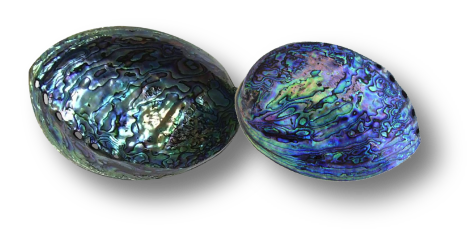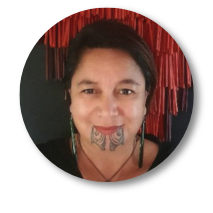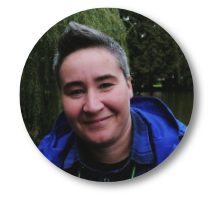Haere Mai/Welcome

Mihi | Acknowledgements:
Ngā mihi mahana ki Ranginui rāua ko Papatūānuku, ki a mātou Ātua me tūpuna hoki me ngā tangata whenua ō Aotearoa me mātou whānau Onkwehón:we kei Te Motu Hononui -
Tihei Mauri Ora!
Mahi Pukenga | Services:
* Therapeutic Counselling: Individuals, Couples, Whānau / Families and Groups
* Clinical Supervision
* Professional Development Training & Facilitation
* Indigenous-specific Programme Design & Delivery
* Clinical Team Leadership & Accountability
* Cultural Supervision
* Cultural Consultation (Policy, Leadership & Management)
* Cultural Safety Training
Kaitiaki/Therapists
He Tino Kaupapa | Philosophy:
Our approach to this kaupapa/Psychotherapy identifies and clarifies how colonial violence shows up in our clients’ lives. We honour our clients’ responses and resistance to violence - both seen and unseen, in ways that uphold the Mana, ancestral authority, cultural wisdoms, collective honour, community strengths, courage, and skills that they possess and utilize as Indigenous peoples. We also work to uphold sacred connections to land, sovereignty, culture, the Spirit World and to a sense of belonging, wholeness and meaning.
Toitū te reo, toitū te whenua, toitū te mana, toitū te Tīriti me he Whakapūtanga.
Donny Riki (she/her)
Donny is a registered clinical psychodynamic psychotherapist and cultural consultant; she carries the insights and authority of ancient Māori spiritual intelligence which informs her clinical practice
Read Donny's Full Bio
Riel Dupuis-Rossi (they/them)
Riel is an Indigenous therapist of Kanienʼkehá꞉ka (Mohawk), Algonquin, and Italian descent. Riel is a Two Spirit person who grew up in their traditional territories, off reserve, in Hamilton, Ontario, and Montreal, Quebec.
Read Riel's Full Bio


Te Ao Hurihuri | Our Context:
As Indigenous peoples, we are responding to hundreds of years of ongoing attempted genocide, forced assimilation and the occupational land theft of our traditional territories. Colonial violence affects us on ancestral, trans-generational, collective, familial, and individual levels. It attacks every relationship that we hold sacred as Nations and Peoples - especially our relationships to the Spirit World to our Homelands, and to each other.
The context of colonial violence is obscured and rendered invisible. Our responses and resistance to it are pathologized; we are often told that we suffer from trauma, anxiety, depression, suicidality, addictions, aggression, paranoia, and personality disorders.
However, our struggles and our suffering do not originate with us, as Indigenous peoples. They are caused by the ways that colonial violence disconnects us from our lands, our communities, our families, a positive sense of Indigenous identity and most notably, our safety.

